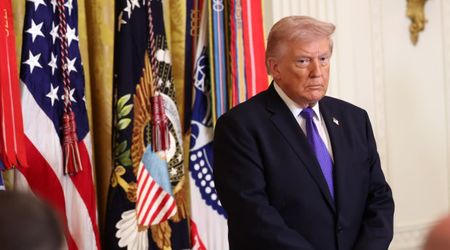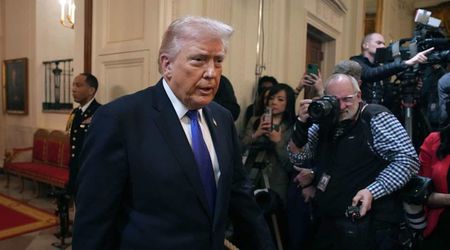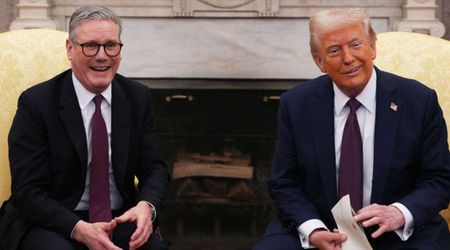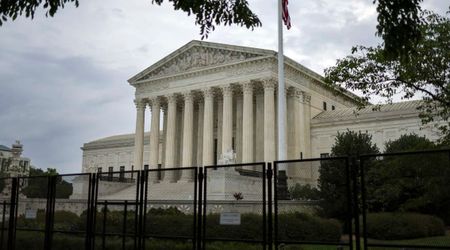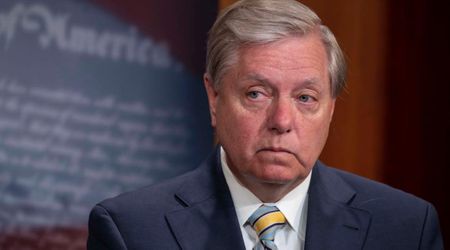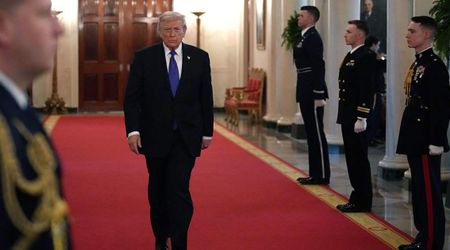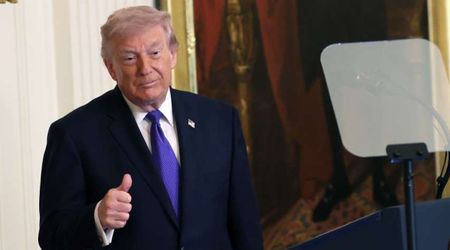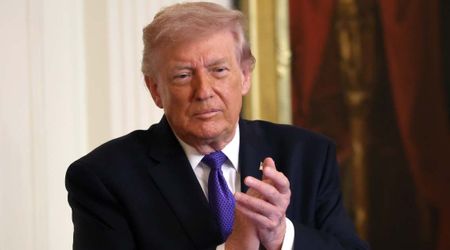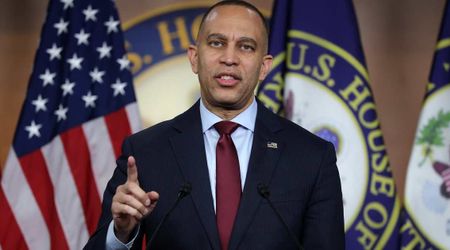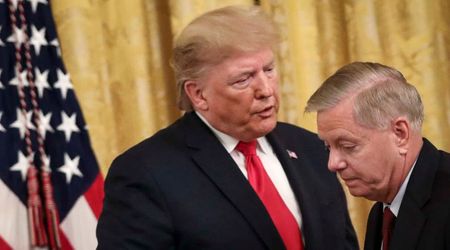Trump compares US strikes on Iran to Hiroshima and Nagasaki bombings: 'Same thing that ended the war'

THE HAGUE, NETHERLANDS: President Donald Trump compared his airstrikes on Iran’s nuclear sites to atomic bombing on Japan’s Hiroshima and Nagasaki in WWII, insisting the devastation inflicted during both conflicts ended the wars.
On Saturday, June 21, the 79-year-old President ordered to carry out 'Operation Midnight Hammer,' which saw seven B-2 bombers drop 14 bunker-buster bombs on three of Iran’s key nuclear sites.

More than 125 military planes and 75 precision-guided weapons, including over two dozen Tomahawk missiles, were launched by the US military in this operation.
Following the bombardment, Trump claimed that the striking “obliterated Tehran’s nuclear program” and warned Iran against any future retaliation.
'These strikes ended the war.'
— GB News (@GBNEWS) June 25, 2025
US President Donald Trump claims US strikes have set Iran’s nuclear programme back 'decades,' comparing the operation to the atomic bombings of Hiroshima and Nagasaki, saying: 'It ended the war.' pic.twitter.com/Il8lMElrqi
Donald Trump compares Iran strikes to bombing of Hiroshima and Nagasaki
On Wednesday, June 25, Donald Trump was attending the NATO summit in The Hague, Netherlands, where he claimed that US-led strikes on Iran's nuclear facilities were decisive in ending the escalating tension between Israel and Iran.
“That hit ended the war. I don't want to use an example of Hiroshima. I don't want to use an example of Nagasaki, but that was essentially the same thing, that ended that war,” the Commander-in-Chief said, according to the Daily Mail.

“This ended that with the war. If we didn't take that out, they would have been, they'd be fighting right now,” he further added.
The August 1945 atomic bombings of Hiroshima and Nagasaki were a turning point in World War II. After Japan’s surprise attack on Pearl Harbor in December 1941, the United States entered the war and sought a decisive end to the conflict.
As a result, the first bomb, Little Boy, was dropped on Hiroshima on 6 August, killing more than 70,000 people and devastating the city. Three days later, Fat Man was dropped on Nagasaki, causing the deaths of more than 40,000 citizens.

These attacks caused unparalleled devastation and loss of life, prompting Japan to accept its surrender on August 15, 1945, ultimately ending World War II.
Donald Trump pushes back on early Pentagon analysis of Iran nuke sites
During a solo conference, later on Wednesday, the president warned Iran not to try to rebuild its nuclear program.
“I don't think they'll ever do it again. They just went through hell. I think they've had it. The last thing they want to do is enrich,” he said, according to ABC News.
Additionally, he defended the airstrikes after leaked copies of an American intelligence report showed that the strikes only caused a few-month delay in Iran's nuclear program.

Trump vehemently pushed back on the reporters, claiming American pilots who carried out the strikes were being demeaned by news reports about the Pentagon's preliminary assessment.
"Since then, we've collected additional intelligence. We've also spoken to people who have seen the site, and the site is obliterated, and we think everything nuclear is down there. They didn't take it out,” the president said.
"They presented something that wasn't finished," Trump said of US intelligence reports on the impact of the US strikes.
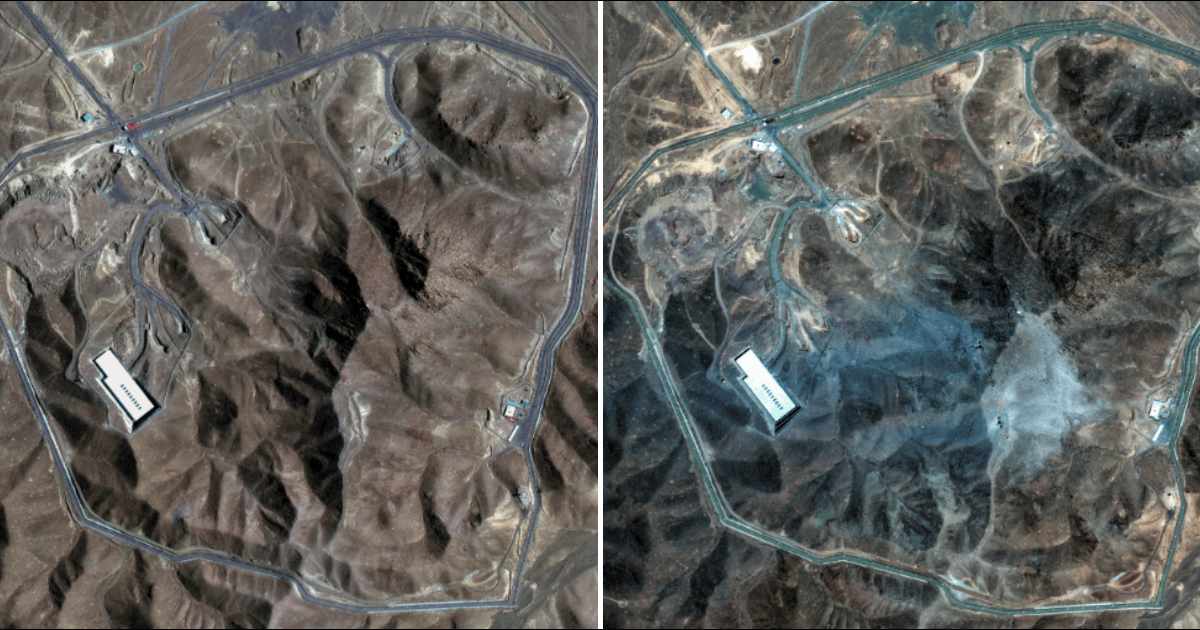
Iranian Foreign Ministry spokesperson Esmail Baghaei also echoed Trump’s claims, admitting that the country's nuclear facilities had been "badly damaged.”
On Iran, Trump told reporters he's not interested in restarting negotiations and didn't view it as "necessary." Though he also said that the US would be talking with Iran "next week" and "we may sign an agreement. I don't know."

